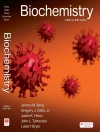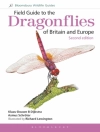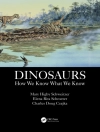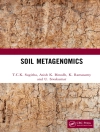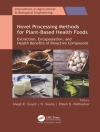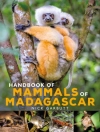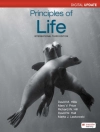In ‘The Effect of External Influences upon Development, ‘ August Weismann presents a groundbreaking exploration of the interplay between environmental factors and biological development. Through a meticulous examination of various species, Weismann employs a scientific yet accessible literary style that bridges both natural history and biology, reflective of the dynamic intellectual debates of the late 19th century. He challenges the predominant Lamarckian views of inheritance by arguing for the primacy of genetic determinants, setting the stage for modern evolutionary thought and emphasizing the importance of separating the effects of nature and nurture in the context of organismal development. August Weismann was a pivotal figure in the history of biology, best known for his germ plasm theory, which fundamentally altered the understanding of heredity and evolution. His rigorous studies in zoology and botany, as well as his interactions with leading contemporaries, such as Charles Darwin, influenced his pursuit to uncover the mechanisms by which external influences shape biological forms. This background equipped Weismann with a critical perspective, propelling him to challenge established norms and seek a deeper understanding of the biological world. This book is an essential read for those interested in evolutionary biology, genetics, and the history of scientific thought. Weismann’s insights remain influential today, offering a vital perspective for anyone wishing to grasp the complexities of development and inheritance. Scholarly yet approachable, it invites readers to contemplate the profound implications of environmental influences while appreciating the beauty and intricacies of life.
Об авторе
August Weismann (1834–1914) was a German biologist renowned for his significant contributions to the field of evolutionary biology and embryology. Born on January 17 in Frankfurt am Main, Germany, Weismann embarked on a journey in science that led him to challenge preconceived notions about inheritance and development. He is most notably attributed with formulating the ‘germ plasm’ theory of heredity, which starkly contrasted the then-popular Lamarckian view of the inheritance of acquired characteristics. This theory posited that the hereditary information is carried only in the germ cells, and somatic cells do not pass on traits to subsequent generations, an idea that laid foundational groundwork for modern genetics. Weismann’s extensive research is encapsulated in his influential work, ‘The Effect of External Influences upon Development’ (1894), wherein he argued against the hypothesis that environmental changes during an individual’s lifetime could directly affect the genetic material. His scientific endeavors and rigorous approach greatly impacted the understanding of natural selection and heredity, carving a pivotal role for Weismann within the scientific community. His literary style is characterized by meticulous detail and clarity of thought, making his complex theories accessible to a broad audience of contemporaries and future scholars. Weismann’s legacy persists through his contributions which continue to inspire and inform biological research and evolutionary thought.


